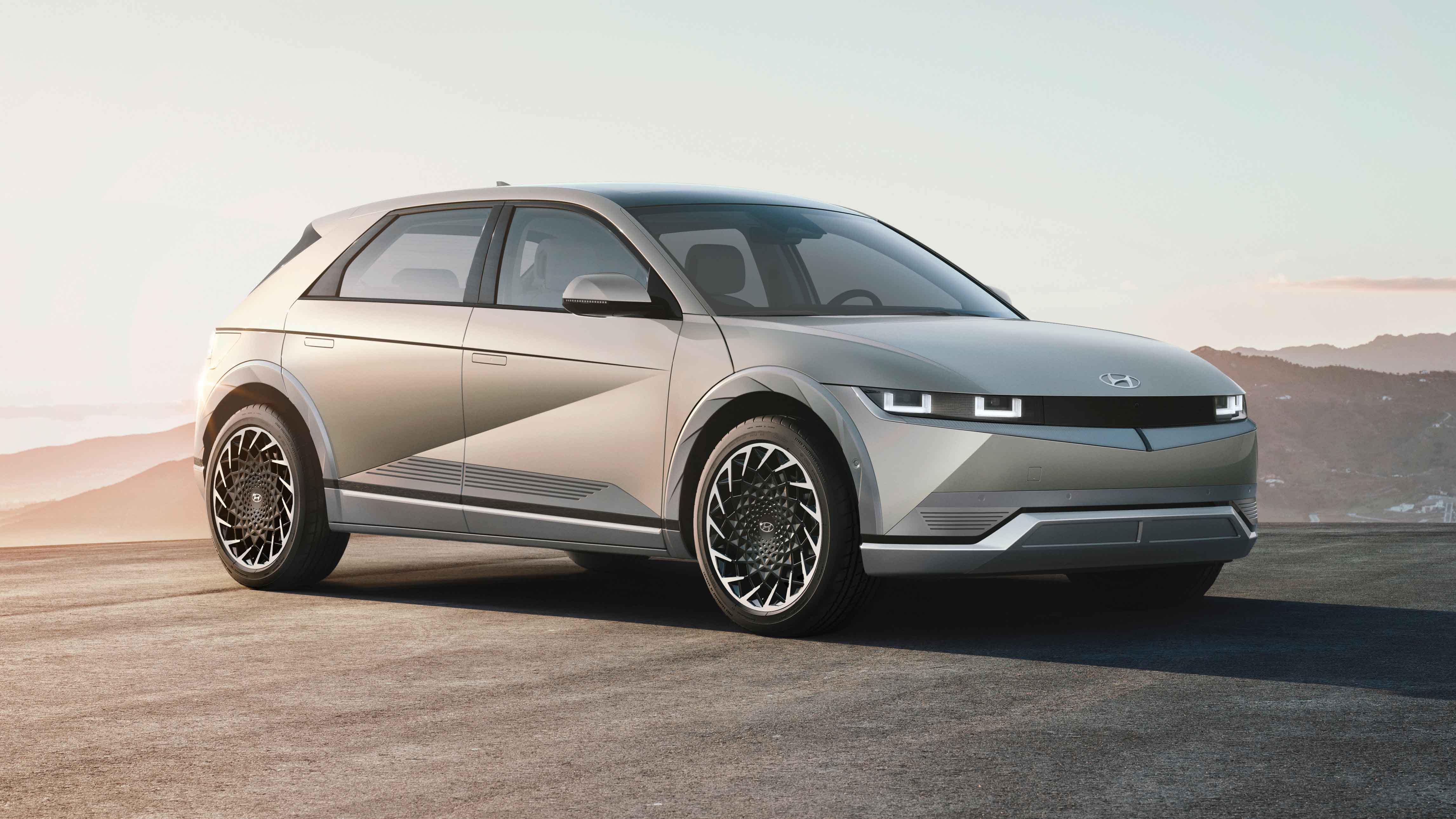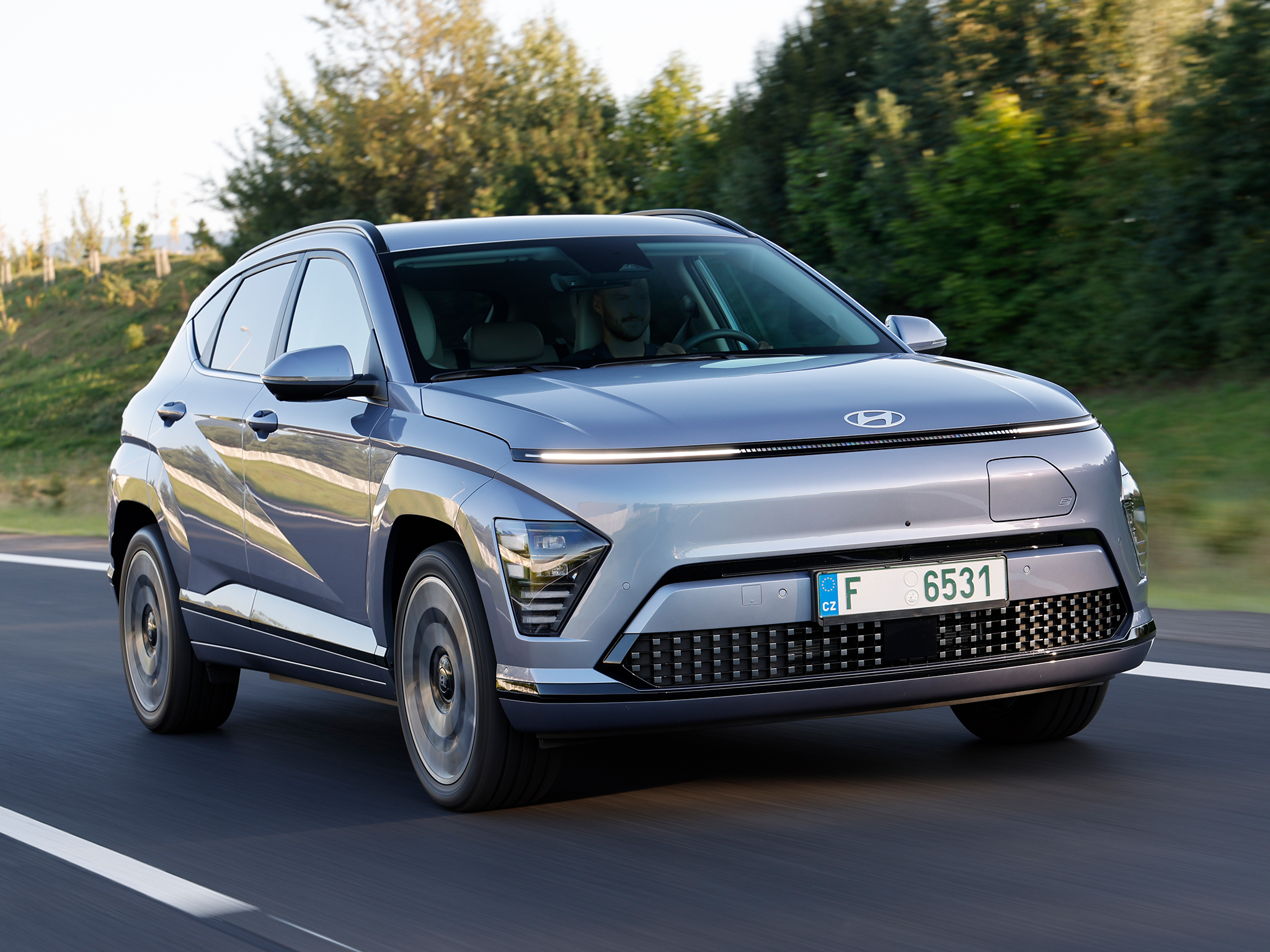The Electric Revolution: A Deep Dive into Hyundai’s Electrified Future
Hyundai, once a burgeoning contender in the global automotive arena, has emerged as a formidable leader in the electric vehicle (EV) revolution. Driven by ambitious targets and a commitment to sustainable mobility, the South Korean automaker is rapidly transforming its lineup, placing electric vehicles at the forefront of its strategy. This comprehensive exploration delves into Hyundai’s electric journey, focusing on its innovative platforms, groundbreaking models, and the company’s vision for a greener future.
The Genesis of a Dedicated EV Architecture
Hyundai’s electric ambitions are anchored by the Electric-Global Modular Platform (E-GMP), a dedicated architecture designed specifically for battery electric vehicles. Unlike platforms adapted from internal combustion engine (ICE) vehicles, E-GMP offers unparalleled flexibility and efficiency. This platform serves as the bedrock for Hyundai’s next-generation EVs, enabling the company to create vehicles with optimized performance, spacious interiors, and extended ranges.
Key Advantages of the E-GMP Platform

The IONIQ 5: A Retro-Futuristic Marvel
The IONIQ 5, the first model built on the E-GMP platform, has garnered widespread acclaim for its striking design, impressive performance, and innovative features. This mid-size crossover SUV blends retro styling cues with futuristic technology, creating a unique and compelling package.
Key Features of the IONIQ 5
The IONIQ 6: An Aerodynamic Streamliner

The IONIQ 6, Hyundai’s electric streamliner, showcases the company’s focus on aerodynamic efficiency and sleek design. This electric sedan offers a long driving range and a luxurious interior, catering to drivers seeking a premium EV experience.
Key Features of the IONIQ 6
The IONIQ 7: A Large Electric SUV on the Horizon
Hyundai has also unveiled the IONIQ 7 concept, a large electric SUV that promises to redefine the segment. This three-row SUV will offer ample space for families and a luxurious interior, further expanding Hyundai’s electric lineup.
Anticipated Features of the IONIQ 7
Hydrogen Fuel Cell Technology
In addition to battery electric vehicles, Hyundai is also investing heavily in hydrogen fuel cell technology. The company believes that hydrogen fuel cell vehicles (FCEVs) will play a crucial role in achieving a sustainable transportation future. Hyundai’s NEXO FCEV is a testament to its commitment to hydrogen technology.
Smart Mobility Solutions
Hyundai is expanding its focus beyond vehicle manufacturing, developing smart mobility solutions that integrate with its electric vehicles. The company is exploring various concepts, including autonomous driving, ride-sharing, and urban air mobility.
Sustainability Initiatives
Hyundai is committed to reducing its environmental impact throughout its operations. The company is implementing various sustainability initiatives, including reducing greenhouse gas emissions, increasing the use of renewable energy, and promoting circular economy practices.
Global Expansion and Partnerships
Hyundai is actively expanding its electric vehicle presence globally, establishing manufacturing facilities and forging strategic partnerships with other companies. The company is committed to making its electric vehicles accessible to customers worldwide.
Battery Supply Chain
One of the key challenges facing Hyundai and the broader EV industry is securing a stable and sustainable battery supply chain. The company is working to diversify its battery suppliers and invest in battery recycling technologies.
Charging Infrastructure
Expanding the charging infrastructure is crucial for widespread EV adoption. Hyundai is collaborating with charging network providers and governments to accelerate the development of charging infrastructure.
Consumer Acceptance
Addressing consumer concerns about range anxiety, charging times, and the initial cost of EVs is essential for driving adoption. Hyundai is focusing on educating consumers about the benefits of EVs and offering competitive pricing and financing options.
Technological Advancements
Continuous technological advancements in battery technology, charging infrastructure, and autonomous driving will shape the future of EVs. Hyundai is investing heavily in research and development to stay at the forefront of innovation.
Hyundai’s commitment to electric vehicles is evident in its innovative platforms, groundbreaking models, and comprehensive sustainability initiatives. The company is poised to play a leading role in the electric revolution, driving the transition to a cleaner and more sustainable transportation future. By focusing on customer needs, technological advancements, and environmental responsibility, Hyundai is shaping the future of mobility. As the electric vehicle market continues to evolve, Hyundai’s dedication to innovation and sustainability will undoubtedly propel it to new heights.



